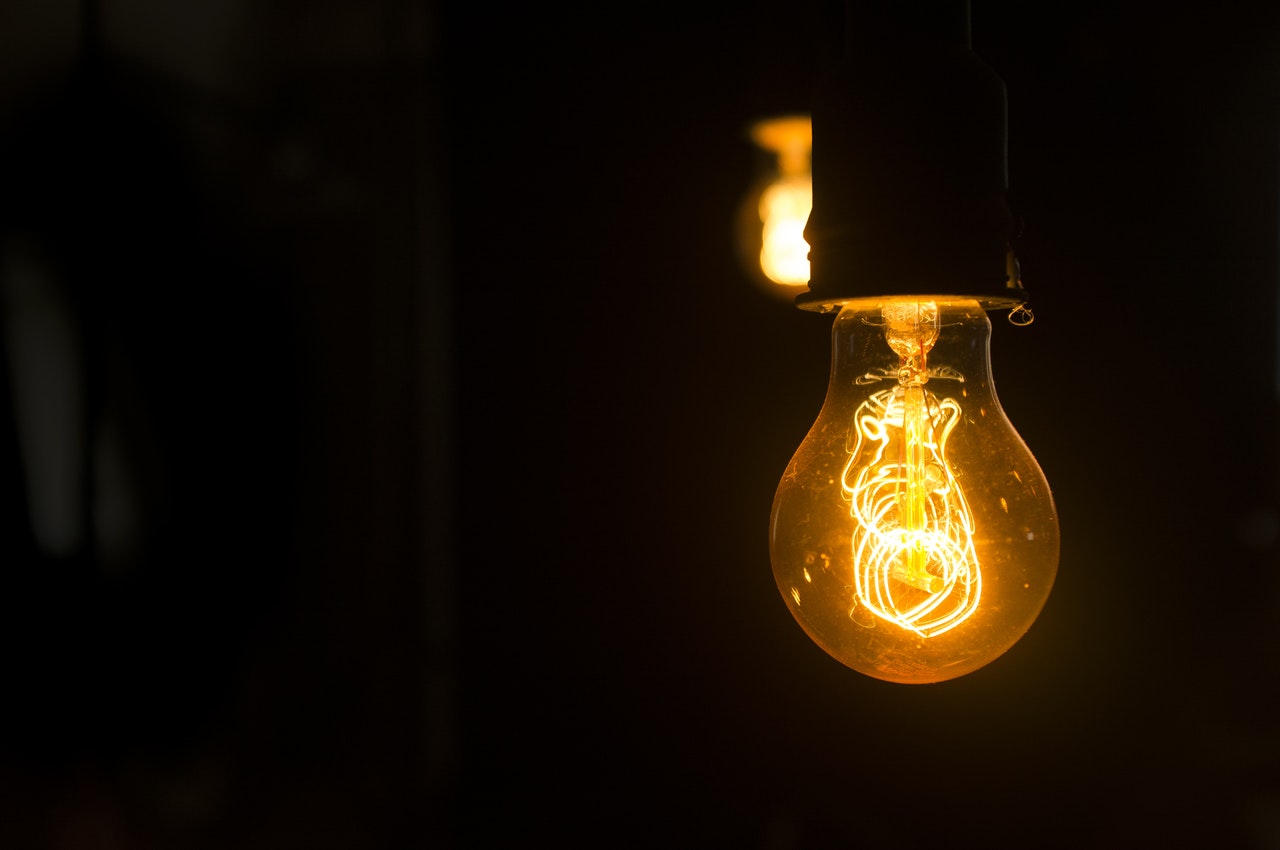For most of our evolution, blue light represented morning and waking time. To the human body, it doesn’t make much of a difference whether it comes from sunlight, watching TV, or browsing Facebook, blue light inhibits production of melatonin, the sleep hormone. Lower production of melatonin in the evening and at night then reduces both the quantity and quality of sleep. Studies linked melatonin suppression in the evening to obesity, cancer, and depression. Poor sleep also correlates with heart disease and type 2 diabetes so even though using your phone before bed seems like no big deal, it is.
Use blue light during the day
Blue light is not always your enemy. Studies showed that blue lights in the workplace improve alertness, performance, and even night-time sleep quality in employees. But that’s only true during the day when blue light exposure is natural. When it comes to the evening and night, the opposite would be true. So, let’s look at some tactics you can use to limit blue light exposure.
No screens 2 hours before bed
Ideally, you shouldn’t use any electronic devices at least 2 hours before going to bed. That way your body has time to adjust to dark and start producing melatonin. That means no TV, PC, laptops, tablets or mobile phones.
Use blue light limiting apps
If that sounds unlikely or if you need to use a device for work after dark, then a good solution is to install a blue light limiting app. You can try F.lux which is a free program that limits blue light based on the time of day – as soon as it starts getting dark out, it starts filtering blue light. Most phones have this feature built in. It’s usually called ‘blue light filter’ and you just need to turn it on.
Put on amber-coloured glasses
Another great option is to use amber-coloured glasses. Studies show that when people use blue light blocking glasses, even in a lit room or using an electronic device, they produce just as much melatonin as if they were in the dark. This is also a great tool for people doing shift work.
Keep your bedroom pitch black
It’s also important to keep your bedroom totally dark so that your body keeps producing melatonin throughout the night. First, get blackout shades. Second, cover your digital alarm clock or get an analogue one. And lastly, turn off all digital devices that glow or give off any type of light.
Use a sleep mask while travelling
If you’re travelling, sleeping in a hotel, or at a friend’s house it’s a good idea to carry a sleep mask. Your eyes are the main light receptor, so in sub-optimal conditions a sleep mask can make a big difference.










